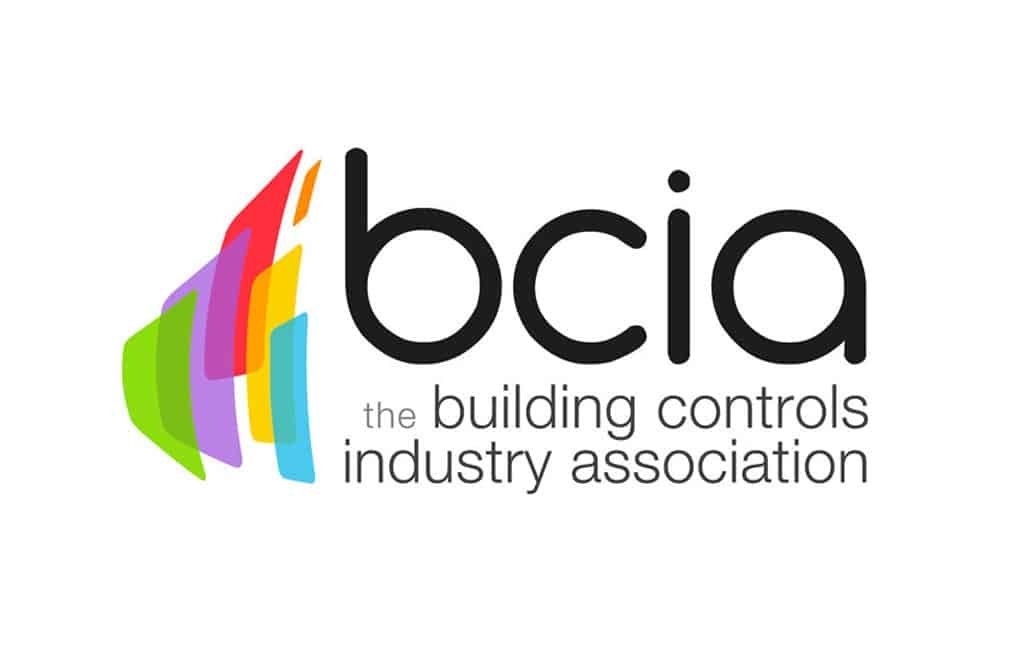President’s Blog -The crucial role staff retention can play in reducing the skills gap
As we’re all aware, the building energy management systems (BEMS) sector, and the built environment as a whole, is currently facing a skills shortage. While the industry is doing everything it can to encourage new young professionals to take up careers in this highly rewarding and interesting world, we all have a major role to play in ensuring any new recruits, and any existing employees, are keen to continue in the sector for many years ahead.
This is even more important when you discover that around 31% of UK construction workers are aged between 50 and 64 and will, if nothing else, be considering their retirement plans.
With that in mind, it’s imperative that the BEMS sector works hard to not only attract new individuals into the industry but retain the ones we already have to reduce the skills gap wherever possible.
That starts with creating a culture that both attracts and retains the top talent by ensuring employees feel recognised, supported and secure in their career and professional development.
In fact, providing an inclusive environment for staff, and superb career and development opportunities, is as important as a good salary. This is reflected in a survey by StandOut CV, which revealed work-life balance (47%) and company culture (35%) were two of the three most important aspects – the other being an easy commute (48%) – when applying for jobs. This compares favourably to the 44% of professionals who would be tempted to change jobs for a better salary.
Employees will be far more likely to remain loyal to your business if you ensure they feel their voices are being heard, they are comfortable in their working environment, and are able to add value.
Additionally, investing in training, and professional development programmes – such as CPD – will not only help employees develop new skills but it will also offer them clear career pathways. This often offers the significant advantages of boosted motivation and personal growth.
It’s also worth considering the importance of providing flexible working. For anyone working in the building automation sector, or indeed the built environment, having a defined work-life balance is absolutely crucial. So, business owners that offer the flexibility of shorter hours or remote working for roles where these are possible will have a greater chance of not only attracting staff but retaining them.
Opening the communication channels and encouraging feedback to address any concerns or challenges quickly can also ensure a more positive work environment. Furthermore, it’s important that you acknowledge and recognise any employee contributions to help boost motivation and increase loyalty.
Of course, while the benefits to the employee are numerous, ensuring better loyalty and improving staff retention can also work out favourably for business owners.
In fact, retaining staff can often be more cost-efficient than recruiting. By retaining employees, especially anyone dispensable to the organisation, business owners can avoid having to shell out for recruitment and training costs and allocate these vital resources to other areas of the business.
Furthermore, ensuring that staff remain with the company for the long term also means businesses retain crucial expertise and experience. Not only can it take up to two years for newly hired staff to reach the same level of expertise as long-standing employees, retained staff are also able to share their knowledge and skills with less-experienced members of the team. Consequently, this can boost the overall expertise of the workforce – which, of course, can only be a positive.
Having spent months, if not years, developing relationships with clients, long-standing employees often offer a competitive edge in delivering projects compared to newly hired staff – further exacerbating the importance of retaining those experienced team members.
Similarly, having a stable workforce can contribute to a cohesive and positive company culture, with employees feeling more engaged and motivated and morale increasing as a result. Additionally, businesses with high employee retention rates can often be seen as highly desirable workplaces. This will not only enhance the company’s overall reputation but also help attract top talent.
With the skills gap currently affecting not just the BEMS sector but the entire built environment, identifying ways in which we can all reduce that deficit is absolutely vital. Through improved staff retention and the attraction of new talent to the industry, you can not only play your part in helping the building controls and automation sector flourish in the years to come but also ensure your company continues to be known as a workplace where employees are respected, acknowledged, and given opportunities to develop.
